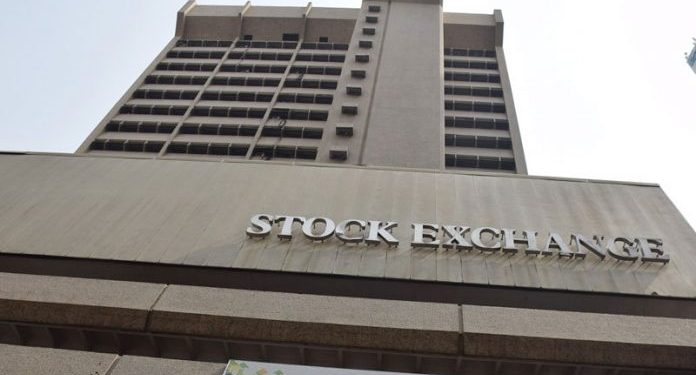Nigerian stocks fell to a near-two-year low on Monday as low economic growth weighed on sentiment, analysts said.
A security officer checks a man outside the Nigerian Stock Exchange in Lagos April 8, 2014.
The all-share index was down 1.43% in late trading, having recovered slightly after dipping to its biggest intra-day decline in seven months.
Investors have been waiting for policy signals that could lift growth in the economy, seven weeks after President Muhammadu Buhari won re-election.
“The general market sentiment around equities is weak and not encouraging,” said Tajudeen Ibrahim, head of research at investment firm Chapel Hill Denham.
“Investors are looking beyond corporate actions that have been announced so far. They are looking for a broader catalyst like government policy or macro announcement that suggest growth for the economy is becoming better.”
Vahaj Ahmed, head of industrials equity research at Exotix Capital said: “There’s no catalyst for the Nigerian stock market weakness. The day started with sell orders in Zenith Bank from the local retail investors, followed by profit taking in other banks and liquid names.”
The World Bank on Monday cut its growth forecast for sub-Saharan Africa this year, adding that Nigeria, South Africa and Angola, which make up about 60% of region’s annual economic output, were all facing challenges.
Buhari, who starts a new term in May, has pledged to revive the economy, which has been stuck in low gear since emerging from recession in 2017.
Analysts have pointed to negative credit growth as one of the constraints on the economy as policy makers squeeze liquidity to prop up the currency and curb inflation.
Heavyweight Dangote Cement , which reported strong earnings and accounts for around a third of stock market capitalisation, shed 7.41% on Monday. The most liquid banking sector stocks dropped 2.11%.










